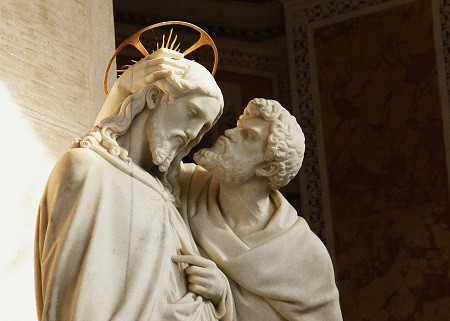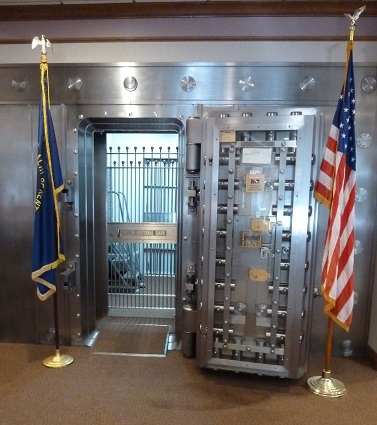Kiss of Death
 A kiss of death means something that causes failure or ruin.
A kiss of death means something that causes failure or ruin.
It may be:
- Actions. Poor attitudes or behaviors often result in the loss of jobs, friendships, or other positions.
- Relationships. Associating with troublemakers frequently leaves people in trouble.
- Events. Being in the wrong place at the wrong time can destroy plans.
- Poor timing. Failures frequently occur because people begin too early or too late to accomplish their purposes.
A kiss of death may look good but result in great harm.
Damage often occurs even if intentions appear helpful. A handshake or endorsement from the wrong people kills countless business deals and reputations.
This expression relates to Judas Iscariot’s kiss that betrayed Jesus.
When religious leaders wanted to rid themselves of Jesus, they enlisted Judas, one of Jesus’ followers, for help. Matthew 26:48-49 records it. “The betrayer had arranged a signal with them: ‘The one I kiss is the man; arrest him.’ Going at once to Jesus, Judas said, ‘Greetings, Rabbi!’ and kissed him” (NIV). A kiss of death has also been called a Judas kiss.
Not every kiss of death ends in permanent harm.
Although Jesus died on the cross, He arose from the dead on the third day. His death and resurrection conquered sin and death. All who place their faith in Jesus also receive victory over sin and death. That’s the message of Easter. Jesus offers everyone a fresh start, a new beginning.
“He is not here; he has risen, just as he said” (Matthew 28:6 NIV).
Thanks to Terrie Wilson for the suggestion. Photo by Francesco Alberti on Unsplash
Do you have an expression you want explained or a thought about this one? If so, please comment below.
Subscribe to receive my weekly posts by email and receive a free copy of “Words of Hope for Days that Hurt.”
If you enjoyed this post, please share it with your friends.

 We love life on cloud nine. Something wonderful happens, and we feel
We love life on cloud nine. Something wonderful happens, and we feel  If someone pays us by check, we take it to the bank. The check promises money.
If someone pays us by check, we take it to the bank. The check promises money.
 To bear our cross means to carry a burden.
To bear our cross means to carry a burden.  When we break a dish, we pick up the pieces. Occasionally we glue those pieces back together. The dish may not be as good as new, but it works.
When we break a dish, we pick up the pieces. Occasionally we glue those pieces back together. The dish may not be as good as new, but it works.

